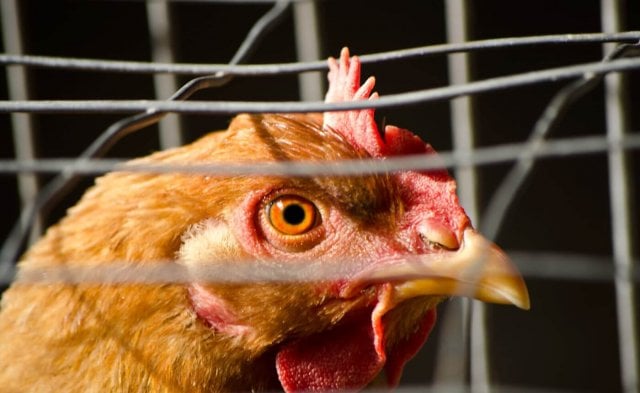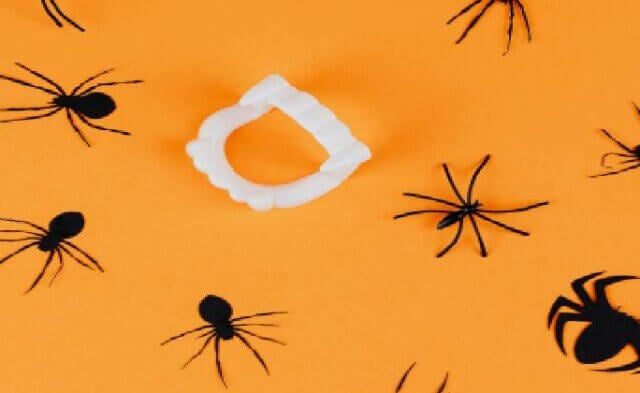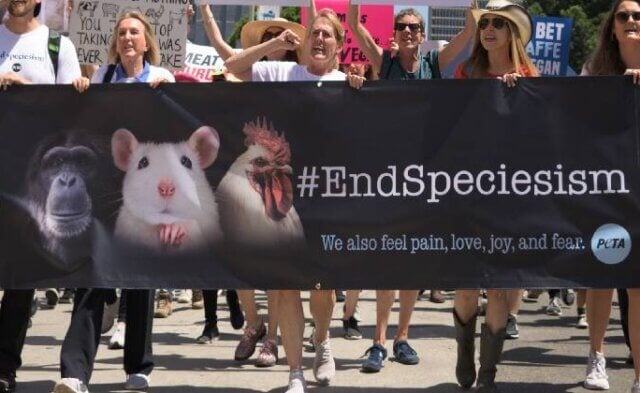When my tennis-playing days were over, I turned to another sport that I had played as a kid: golf. Six years ago, at age 57, I became a member of a local golf course and began competing again. I won the club championship that year and then the next three years as well. My newfound success soon qualified me to play in larger tournaments in my home state of Washington, across the Pacific Northwest, and elsewhere around the nation.
Golfers are largely a friendly group of people, and conversations during tournaments invariably lead to the question “So what do you do for a living?” That’s when I first get to tell them about my work to advance animal rights with the PETA Foundation. I’ve usually gotten a very positive response, like, “That’s great that you’re helping animals. That must be fulfilling work.”
Many times, people tell me about their dogs and cats and how much they mean to them. Sometimes, they ask me questions about things they’ve seen on the news regarding PETA, most recently about the Budweiser Clydesdales. In that case (we’ve now won that campaign!), I explained how the horses’ tails were amputated and how cruel that is. Another playing partner told me about going to the horse track and how beautiful he thought the horses were. I agreed but took the opportunity to tell him that the horses’ injuries are masked by drugs, that an average of three horses die on the track every day, and that what happens to many of them once they’re “retired” isn’t pretty.
I also recently played with a retired Navy guy who told me he was leaving 25% of his estate to a local shelter, preferably a “no-kill” one, he said. I took the opportunity to thank him for thinking of animals but made sure he knew that while “no-kill” may sound great in theory, the consequences for dogs and cats are devastating and that he really needed to do his research before committing to such a shelter.
Many of my golf friends know that I’m vegan and often tell me about plant-based meals they’ve enjoyed or ask for tips, as they’re trying to cut down on meat. I love taking the opportunity to tell others about how easy and delicious vegan eating can be.
This summer, I played in a member guest tournament at a local club that ended with a banquet. With the approval of my golf partner, I contacted the chef beforehand to request a vegan meal. The chef was very gracious and ended up making me a mushroom risotto. When the other golfers saw that I was eating something different, it gave me yet another opportunity to talk about my vegan lifestyle.

Golf course restaurants in general are not vegan-friendly at all, but I take every opportunity to suggest that they offer something animal-friendly at the next lunch or banquet. Just this past week, I walked into the banquet tent after competing in the Pacific Northwest Senior Championships and all I saw were hamburgers and hotdogs. I asked a club employee if there were any vegan options, and he said that he could get the kitchen to make me a Beyond Burger. I made a point of thanking him several times with great enthusiasm. I also made a point of mentioning that a larger percentage of the population is turning vegan and would also appreciate some new, healthy options.
Of course, being vegan goes beyond meal choices and extends to the gear that I choose and the clothing and shoes that I wear. While many golf bags are still made of animal leather, there are also great synthetic options. My bag, for instance, is made by Titleist of 100% nylon. Most golf gloves are also made of leather, but I have a synthetic leather glove made by FootJoy. Likewise, my shoes are nylon ones made by New Balance. Of course, golf clubs are vegan, as they’re made from materials such as graphite, steel, and titanium. And golf balls are vegan as well.
My golfing experiences give me plenty of chances to talk about PETA, the animals we save, and vegan living. When I beat my opponents, I’m sure more than a few are left thinking, “Maybe I should try going vegan, too!”
Jeff Jones is a senior philanthropic specialist at the PETA Foundation, where he works closely with individual donors who invest in PETA’s important work. He lives in Washington state with his wife and their three rescued dogs, two rescued cats, and three rescued chickens. To learn about career opportunities working alongside Jeff at PETA or the PETA Foundation, visit PETA.org/Jobs.





